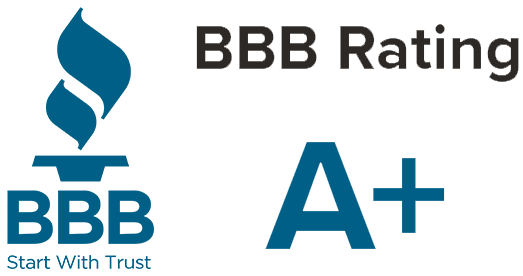‘Tis the Season for Understanding Your Numbers
Rose Report: Issue 49

By Ted Rose, CEO, Rose Financial Solutions
As we close out 2021, companies are busy forecasting and setting budgets for 2022. While these business operation functions are a yearly tradition, they have taken on a more urgent role as we head out of the healthcare crisis. Why? Last year’s sudden onset of the pandemic caught many businesses off guard. From remote work force challenges to supply chain disruptions, there were many lessons learned. Perhaps one of the biggest takeaways is the need for companies to future proof the way they operate—and that begins with a keen awareness of their financial position. Afterall, if you don’t understand your numbers, you don’t understand your business.
According to an Accenture survey of company finance leaders on pressing challenges and the obstacles they face, 99% of respondents said it’s important to have real-time processes and operations in place to make better business decisions. Indeed, a vital aspect of proactively managing any organization is assessing key performance indicators (KPI) and financial reports—including the balance sheet, income statement, and cash-flow statements. This gives you the insight you need to evaluate your financial situation and make informed business decisions.
One way for businesses to predict what the future holds is to look at trends from the past 12 months. Organizations must manage their business realistically, especially during periods of uncertainty or expansion, to ensure that expense growth and cash demands do not outpace revenue growth and available cash. The need to take proactive actions to deal with a weakening business climate is crucial, and any delay in action might lead to cash flow issues and perhaps the company’s failure. That’s why it is important to review financial reporting, including KPIs, on a weekly and monthly basis. This will help ensure that you are aware of positive and negative changes in your business. Understanding how far each KPI is from your KPI goals provides a clear roadmap of the actions needed to move in the right direction.
The current asset to current liability ratio is an important KPI to consider when examining balance sheets. A ratio of less than 1.25 indicates that a company needs to plan ahead and manage cash in order to meet short-term obligations. Days Sales Outstanding (DSO) is a KPI that measures how long it takes consumers to pay invoices. If this number is high, it means there’s a problem with revenue recognition, cash collection, or both, and immediate action is needed to fix it. Most businesspeople recognize that a receivable that is past due becomes increasingly difficult to recover.
Organizations can use income statements to understand revenue trends such as cyclicality and seasonality. KPIs such as revenue concentration by product and/or client, direct vs indirect costs, fixed versus variable expenses, and net profitability as a percentage of revenue can all be fed into income statements. Another KPI to keep an eye on is gross margin, which is defined as gross profit as a percentage of revenue. Businesses should keep an eye on any substantial changes in gross margin percentages from one month to the next. Such shifts could indicate that a company’s revenue and expenses aren’t properly aligned. A negative trend in the percentage also indicates that the organization is not managing direct costs in relation to revenue correctly.
The bottom line: Establishing, monitoring, and analyzing monthly KPIs is an important part of any company’s financial reporting process. Financial statement KPIs play a critical role in forecasting, developing an annual budget, and providing a lot more control over a company’s future performance.
Schedule an introductory meeting to learn more about Rose Financial Solutions and how we provide financial clarity you need to make informed business decisions.
This content is for information purposes only and should not be considered legal, accounting or tax advice, or a substitute for obtaining such advice specific to your business.
Share this article:
Visit Us On:




